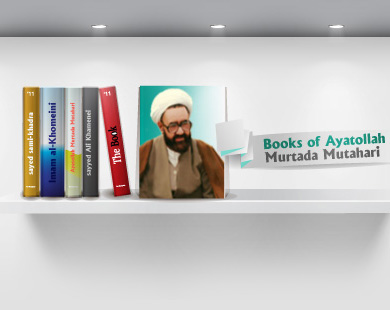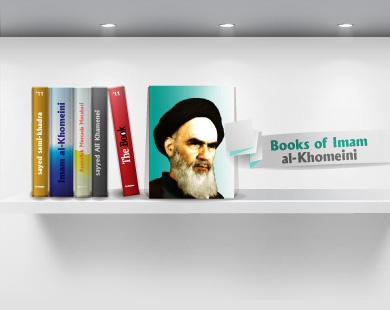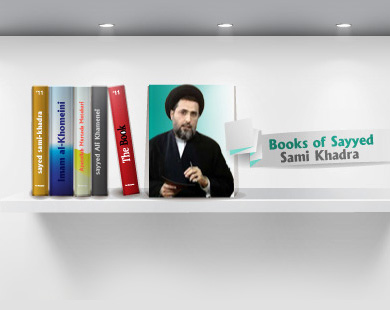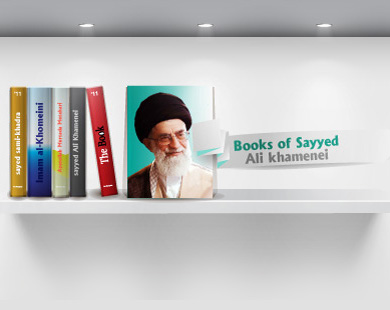Supervising work is one of the most important points in different domains. It helps to guarantee the investment of opportunities in ideal ways. It also helps in increasing the qualifications of the current capabilities. It also helps in being a helping factor for the company or family’s owner in accomplishing his duties.
Therefore, a man should supervise himself and all his behaviors to reform the inappropriate ones. Hence, Al Imam Ali (a.s) assures this by saying:” He who accounts himself, knows his faults, controls his sins so that he leaves sins and reforms faults”. [1]
The good supervision of work in a certain company will reform it and make the leader proud in front of those who are in a higher rank than him. On the other hand, the absence of good supervision will cause some imperfection of work leading to its corruption. This indicates weak management and mismanagement.
Supervision should be in secret and in public at the same time. In our religious teachings, there are many news articles that show the importance of secret supervision and its big impacts on the workers’ success. But the supervision mentioned in the holy Quran is more precise for the extent of reaching a man's feelings and inner thoughts where God almighty says in his glorious book:” Indeed, We created man, and We know what his soul whispers to him”. [2]
Secret supervision through oversight and inspection has an effective role in diagnosing latent energies and raising the level of giving, as well as detecting opportunists and predators in hard cases, and flatterers, and distinguishing those who are righteous and sincere at work from others. There are many who wear righteous clothes, but they harbor cunning and grudges in themselves. At the same time they are fools and petrified, as they look at life from a narrow angle.
Therefore, evaluating matters, according to their opinions, is contrary to correctness and logic. Al Imam Ali (a.s) had a wonderful speech in this regard in his covenant with Malik Al Ashtar Al Nakh’i, when he advised him to choose his workers well saying:” Your selection of these people should not be on the basis of your understanding (of them), confidence and your good impression, because people catch the ideas of the officers through affection and personal service and there is nothing in it which is like well-wishing or truthfulness. You should rather test them by what they did under the virtuous people before you. Take a decision in favour of one who has a good name among the common people and is the most renowned in trustworthiness”[3]. It was also mentioned in this speech:” Your selection of these people should not be on the basis of your understanding (of them), confidence and your good impression, because people catch the ideas of the officers through affection and personal service and there is nothing in it which is like well-wishing or truthfulness. You should rather test them by what they did under the virtuous people before you. Take a decision in favour of one who has a good name among the common people and is the most renowned in trustworthiness”. 4 He (a.s) also says:” Thereafter, look into the affairs of your executives. Give them appointments after tests and do not appoint them according to partiality or favouritism, because these two things constitute sources of injustice and unfairness. Select from among them those who are people of experience and modesty”. Until he says:” You should also check their activities and have people who report on them who should be truthful and faithful, because your watching their actions secretly will urge them to preserve trust with and to be kind to the people”. [4]
Al Rayyan bin Al Salt reported that Al Imam Ali bin Mousa Al Rida (a.s) says:” When the prophet Mohammad (obuh) used to guide an army led by a prince, he sent with him people who he trusted to get information about him”. [5]
Then, the supervision mentioned in these hadiths are specialized in general in companies and public institutions. Then it is indisputable to include the smallest component in society such as a family where we can practice these teachings according to the circumstances of place and time.
The Art of Managing Living Matters- A Narrational Quranic vision, Al Maaref Islamic and Cultural Institution
[1] Al Wasity, Oyun Al Hikam and Al Mawaiz, page 435
[2] Surah Qaf, 16
[3] Al Radiy, Nahj Al Balagha, part 3, speech 53, page 98-99.
[4] Al Radiy, Nahj Al Balagha, part 3, speech 53, page 95
[5] Book of Al Imam Al Rida (pbuh), Aziz Allah investigation Otardi Khbushani, Publishes of Al Soudok Library, 1406, page 76




















